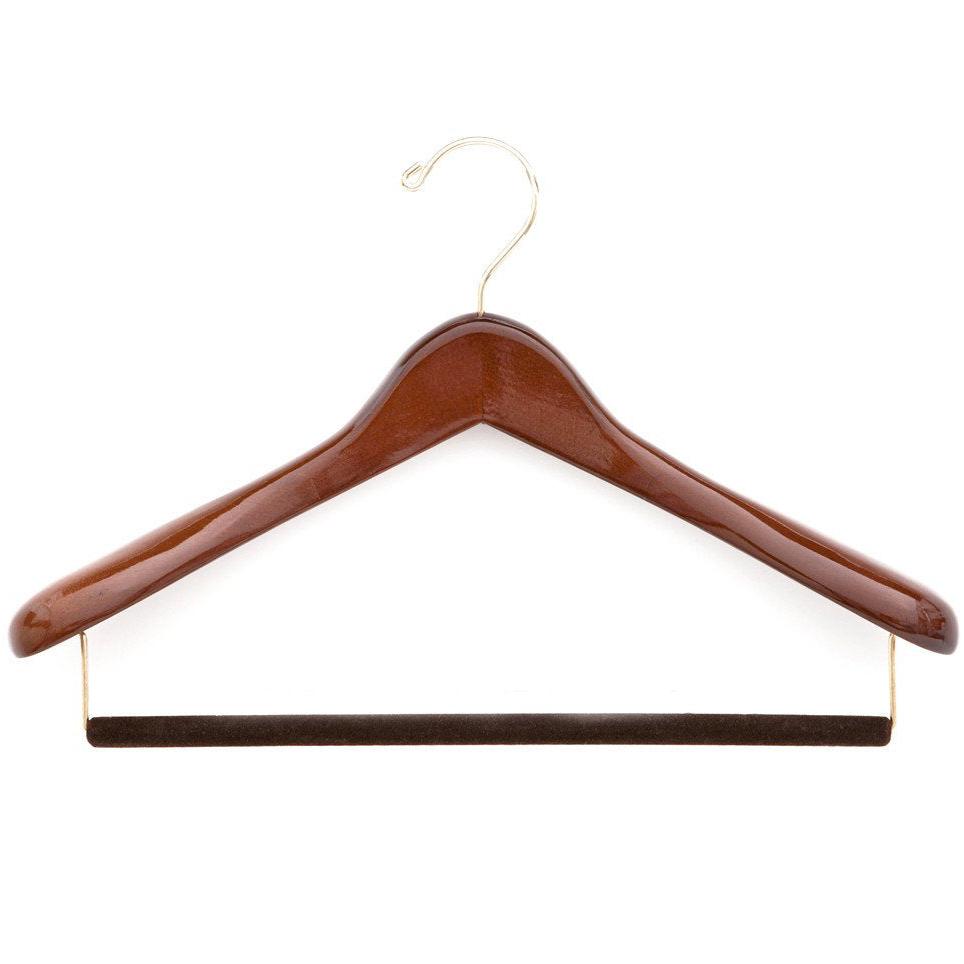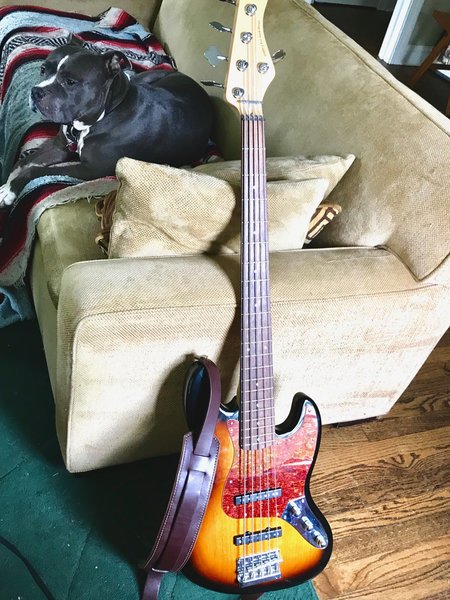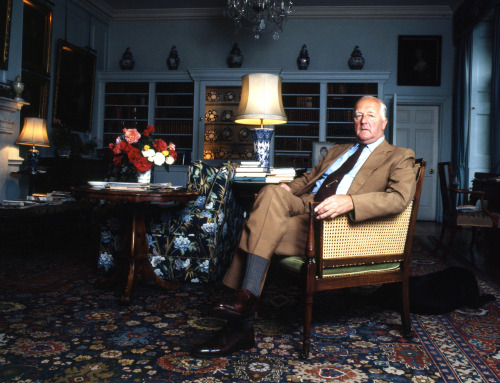- Joined
- Apr 10, 2011
- Messages
- 27,320
- Reaction score
- 69,987
Let me see if I can re-state some points in a different way.
I'll write what (I think) you think. And, if you feel like it, you can correct the bit about what you think until it reflects your belief but with a prayer, on my part, fro conciseness:
You perceive a clear progressive trend in history from obscurantist prejudice, oppression and exclusion towards ever greater enlightenment, freedom and unity.
You similarly perceive a constant trend in attire from the renaissance splendour/gaudiness to modern athleisure wear.
You conflate or twin these two shining paths and so think that ever more succinct, unstructured, convenient, unadorned clothing is an inevitable result of ever greater liberalism and indeed reinforces it (maybe is even necessary to it?).
You see instinctive, spontaneous, untutored behaviour, art and taste as authentic, democratic and admirable.
You say that we live in a golden age of aesthetics, if only one accepts that Las Vegas, Crocs, Lululemon, reality TV, Escalades, Taylor Swift and Jeff Koons are not inherently inferior to Baroque Rome, brogues, suits, Channel 4, 1930s cars, Mozart and Caravaggio.
I mean, yes, but without all the strange phrases about "untutored behavior" (what does that even mean, except for disguised classism?).
I'm saying there was a world before liberalism and it was awful. The best way to understand that world is to read the original Counter Enlightenment thinkers who fought against liberals. They wanted irrational societies based on church and throne, with extreme violence and excessive hierachy, denying people of their freedom because it was thought that man is bad.
Then liberals came along and, while they weren't united on many things, they broadly agreed that man was, if not good, at least not bad. And there was a possibility of a rational society based on science, Enlightenment values, and individual freedom. That eventually lead to the many things we all care about (even if we care about different things). Most people value some of the protections and rights liberalism has given them.
At its heart, liberalism is a celebration of the common man -- the idea that everyone is born with an inherent dignity and the intelligence to understand their own best interest. And that celebration of the common man, at different eras, has pushed fashion towards the more and more "common." At first it was about British leaders giving up the more orate and otherwordly forms of dress, so they could look more modest, puritan, and democratic. Then it meant gentlemen gave up frock coats for working man clothes/ casualwear (what you now seem to worship as proper gentlemen's dress was, again, once beachwear). Then that was considered Establishment when the US put up guys like Marlon Brando in t-shirts, jeans, and leather jackets -- again, the cowboy look of a different era. The rebel look is a celebration of the individual and common man. And it caught out for the very reasons why dress always moved in the same direction. Because we generally cheer for the common man, the underdog.
Think of every great American film about class. Here's a scene from The Outsiders, where working-class Greasers Ponyboy and Johnny stab one of the preppy-clad Socs. Most people cheer, if not at least sympathize, with the Greasers. Not because they're getting beat-up in this scene, but because of how most people feel about underdogs in general.
Now reverse that scene so that the preppy Socs are getting beat up by Greasers, and one of the preps stabs Johnny. Would it have read differently? Of course, because the scene (and film in general) isn't just about who beats up who -- it's about class. And our sentiment about the film is tied to our feelings about class.
That sentiment reaches all the way back to a 17th century philosophy that, even if you haven't read it, is deeply intuitive in all of us. And it's also the sentiment that has driven the broadening and flattening of dress codes, as well as ever-more "common" sense of dress.
One of your earlier posts said something about Ivy Style, so I assume you like classic American dress. How does someone who appreciates a more American aesthetic argue against casualization? The suit as day-wear, the two-piece suit, seersucker and madras, button down collars, penny loafers, tassel loafers, Shetland sweaters, critter pants, Bean boots, mountain parkas, chinos, oxford cloth, three-roll-two instead of hard two, hook vents, soft shoulders, etc. Even in your very narrowly defined aesthetic, all these things were once considered the lazy, casual, messy alternative to a more buttoned-up, proper, and formal look. Your position lacks an appreciation of history.
Again, why stop at Ivy Style? Why not dress like this guy? He'd prob look at you and think you're a dirty untutored and vulgar commoner.




















